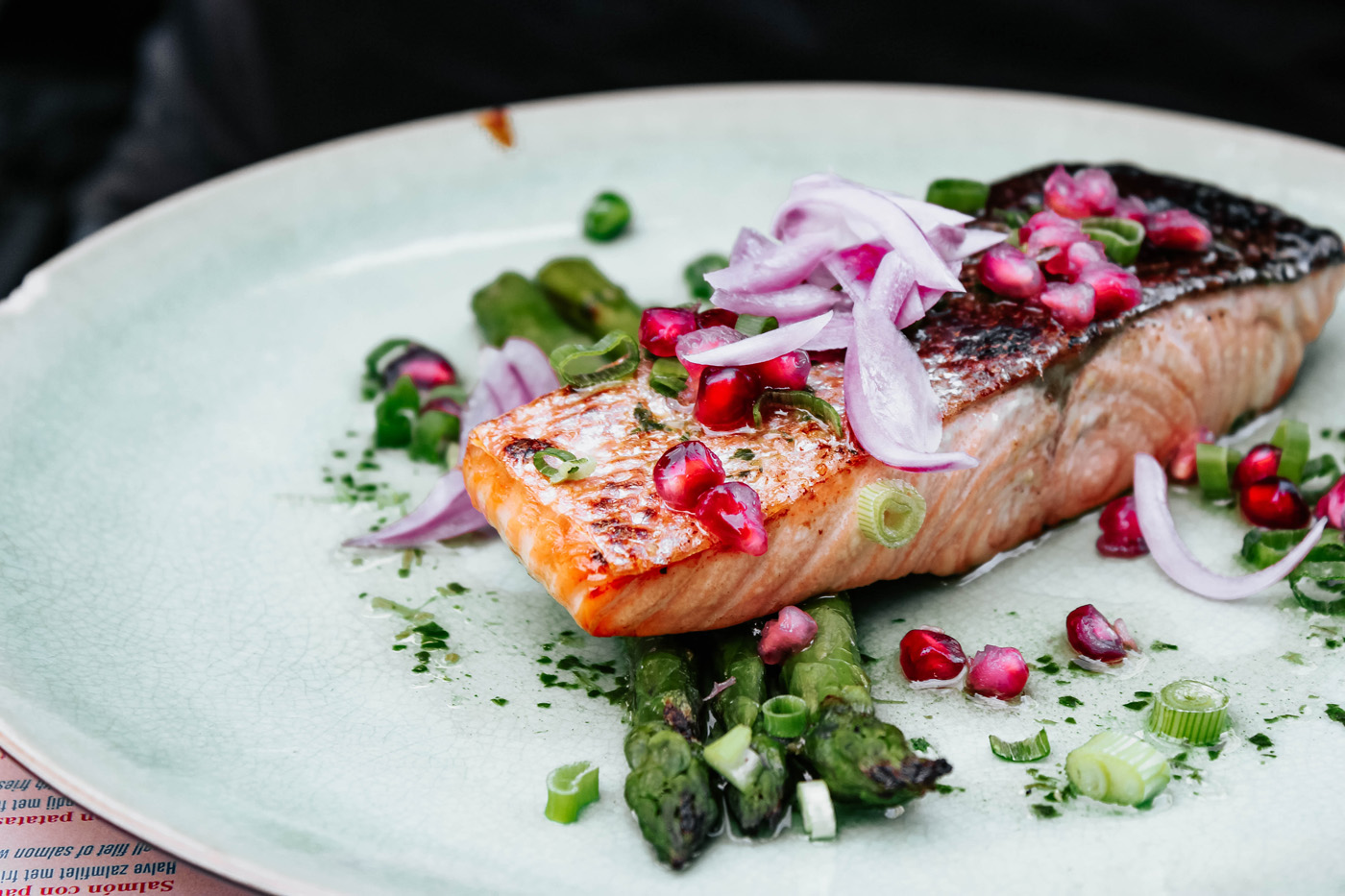The Dangers of Visceral Abdominal Fat
Being overweight in general presents a host of health risks that are best to avoid if you want to truly thrive. But belly fat is especially dangerous because it is an indicator of visceral fat, which is a type of fat that surrounds the major organs, such as the kidneys, liver, and pancreas. However, it’s important to note that anyone can develop visceral fat, not only those with excess weight. This type of fat is not only linked with the same health risks as surface belly fat, but it also contributes to dementia, depression, sexual dysfunction, and sleep disorders. It is a sure-fire way to provoke inflammatory pathways and disrupt proper hormonal function as well.
Fat cells in general operate in an organ-like manner, producing hormones and pro-inflammatory chemicals, otherwise known as cytokines. These cells greatly impact our mood, cognitive function, appetite, and, of course, weight. Insulin is a key player in fat storage. When we eat carbohydrates, the pancreas releases insulin to usher this glucose into our cells so that it can be used for energy and muscle and brain function. When this process is working efficiently without issues like insulin resistance, all is well and we are trim with a healthy body fat ratio. But when there is an excess of sugar in our system from a poor diet or underlying health issues, we begin to gain weight in the form of fat because the body isn’t able to use it efficiently. I think it’s safe to assume that most of us realize that too much glucose in the bloodstream and cells leads to excess fat storage. Needless to say, this is something we want to avoid.
Keeping our diet in check, exercising, and using medicinal herbs like those found in my Heart & Blood Sugar Support Bundle can help correct any problems we are struggling with in this area. Keep reading for additional tips on how to maintain healthy blood sugar levels, slim down, and reduce belly and visceral fat.

Avoid sugar and sugary drinks
I think it goes without saying that eating high sugar, processed foods and drinks will contribute to poor health outcomes, including weight gain. Always read labels to check for hidden sugar — better yet, opt for a whole food diet and skip anything processed. Numerous studies have shown that added sugar, especially in the form of fructose, is a disaster for your metabolic health and promotes nonalcoholic fatty liver disease. It also increases visceral fat and makes you more prone to insulin resistance. Liquid sources of fructose and glucose appear to be particularly damaging as the brain doesn’t register these calories the same way as with solid calories, so you end up consuming more calories overall. With this in mind, steer clear of any sugar-sweetened beverages — including sodas, fruit juices, and high-sugar sports drinks.

Bump Up Your Protein Intake
Research has shown that people who eat a higher protein diet have lower levels of abdominal fat. What’s more, when you get 25-30% of your daily calories from protein, studies have found that it can reduce your cravings by up to 60%, increase your metabolism by 80-100 calories a day, and can help you to consume up to 441 fewer calories a day.1,2,3 Interestingly, this study discovered that protein intake helped to reduce abdominal fat gain in women over the course of 5 years. To boost your daily protein level, focus on eggs, fish, free range beef, chicken, nuts, wild game, nuts, and legumes. Plant-based or vegetarian? Have a look at these recommendations for good protein sources.

Eat More Fiber
When you avoid processed foods and focus on a whole food diet, you will naturally consume more fiber. While all forms of fiber help with digestion and blood sugar spikes, soluble fiber is particularly helpful for when you want to lose weight — especially stubborn belly fat. Here’s why.
Soluble fiber creates a gel in the digestive tract that slows down the process of digestion and absorption of nutrients, creating a feeling of fullness and decreased appetite. This helps us to consume less calories. One study found that by eating 10 grams of soluble fiber each day, participants experienced a 3.7% reduction in abdominal fat. Good sources of soluble fiber include oats, flaxseed, chia seed, sweet potatoes, black beans, figs, avocados, and more.

Herbal Support For Slimming Down Belly Fat
Since abdominal and visceral fat are highly sensitive to the release of insulin, one of the best ways to reduce the risk of belly fat is to maintain healthy blood sugar levels. My Heart & Blood Sugar Support Bundle can help to keep your glucose levels balanced, reduce the risk of insulin resistance, protect your heart, and improve cognitive function. Moreover, it provides potent stress and inflammation relief.
The bundle contains a powerful range of medicinal herbal tinctures, including: dual-extracted cordyceps, reishi, and turkey tail mushrooms, along with lemon balm.
Visit my apothecary today to learn more about these exceptionally potent and effective herbal remedies.
Wishing you a happy and healthy New Year!
Nicole Apelian




